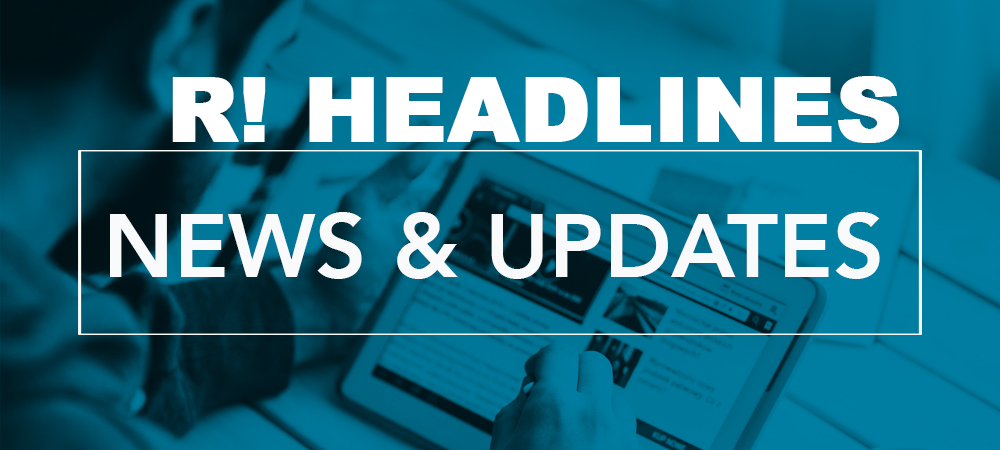

Nigeria's finance minister, Zainab Ahmed, says the country is not ready to increase its taxes despite calls by the international organisations.
Â
-
Nigeria's minister finance, Zainab Ahmed, says the countryâ€
 s problems were not so much that of debts, as much as of revenues.
s problems were not so much that of debts, as much as of revenues. -
Godwin Emefiele says Nigeria prefers stable Naira rate to building up foreign reserve.
-
Nigeria describes World Bank's Human Capital Index as a wake up.
The International Monetary Fund (IMF) and World Bank Group (WBG) annual meetings ended on Sunday, October 14, 2018, in Bali, Indonesia.
Nigerian delegates at the meetings include the Minister of Finance Zainab Ahmed, Governor of the Central Bank of Nigeria (CBN), Godwin Emefiele, Minister of Budget, Senator Udoma Udo Udoma, among others.
At the event, a number of policies and actions were taken and the World Bank released its first Human Capital index which placed Nigeria on 152 out of 157 countries on the list.
ALSO READ: IMF cuts Nigeria's growth projection to 1.9% over poor performance
The Nigerian government described the ranking as “stunting, disheartening and  depressing.� Nigeria's finance minister, Zainab Ahmed said it will serve as a wake-up call to the government.
She added that “We admit that this pervasive action was due to long years of under-investment in human capital, which we have before now realised and which we have been addressing.
“Apart from major policy actions, some decisive actions are being taken to address the situation.�
Â
Here are some of the highlights from the IMF/World Bank annual meeting:
1. Emefiele says Nigeria prefers stable Naira rate to building up foreign reserve
Godwin Emefiele, the CBN governor said the country's target now is to ensure stable exchange rate to avoid depreciation of the naira.
He said the present economic conditions cannot allow reserves build up in the place of foreign exchange.
2. On calls to raise taxes and increase government revenue
Nigeria's finance minister, Zainab Ahmed said the country is not ready to increase its taxes despite calls by the international organisations to do so. She said she agreed with the IMF and the WBG that Nigeria should explore ways and means of diversifying the economy and increasing the countryâ€ s revenue profile.
s revenue profile.
3. On World Bankâ€ s Human Capital Development Index (HCI) ranking
s Human Capital Development Index (HCI) ranking
The Finance minister admitted that result of the ranking was due to long years of under-investment in human capital, which according to her the country is now addressing.
Â
The first World Bank's Human Capital index ranked Nigeria among seven worst countries.
Nigeria shared the bottom of the index with countries like Chad, South Sudan, Niger, Mali, Liberia while Singapore topped the list, followed by South Korea, Japan and Hong Kong.
The rankings released by the World Bank during the annual meeting based its report on health, education and survivability measures, assess the future productivity and earnings potential for citizens of 157 of the World Bankâ€ s member nations, and ultimately those countriesâ€
s member nations, and ultimately those countriesâ€ potential economic growth.
potential economic growth.
4. On concerns about debt levels
The country's finance minister said Nigeriaâ€ s problems were not so much that of debts, as much as of revenues.
s problems were not so much that of debts, as much as of revenues.
“What we have is revenue problems, not debt problems,� Ahmed said
5. Nigeriaâ€ s economy in view of the 2019 general elections
s economy in view of the 2019 general elections
The finance minister assured the international communities that the 2019 general elections will not pose any threat to the nations' economic prospects.
Also from Business Insider Sub-Sahara Africa:
-
IMF cuts Nigeria's growth projection to 1.9% over poor performance
-
Nigerian government to privatise more state-owned enterprises
-
Nigeria is planning to establish mobile courts to jail currency hawkers
-
Nigeria continues to hold interest rate at record-high of 14%
-
All you need to know as Nigeriaâ€
 s central bank and MTN forex saga
s central bank and MTN forex saga -
Passion Incubator cofounder talks to Business Insider about the Africa Business Festival
-
I visited the 6 Google Stations in Lagos and here's what I found out about the free Wi-Fi
Politics: 5 takeaways for Nigeria from the 2018 IMF/World Bank meeting in Indonesia
CLICK HERE TO READ FULL CONTENT
Brought to you by: RIDBAY | WEBSITE DESIGN & DIGITAL MARKETING

